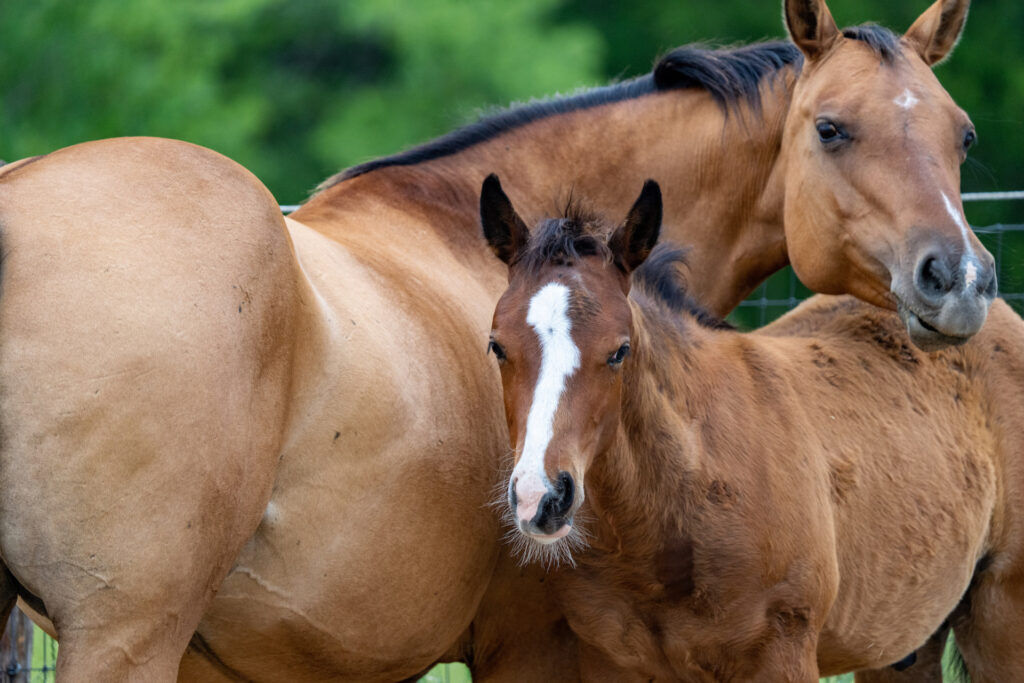Equine West Nile virus case reported in northwest Oklahoma

According to https://equinediseasecc.org/alerts, a confirmed case of West Nile virus was confirmed July 25, by the Oklahoma state veterinarian. This is the first confirmation in 2024 of WNV in Oklahoma.
The infection occurred in Harper County, Oklahoma, in 3-year-old Quarter Horse gelding. The equine started showing clinical signs July 18, with incoordination/ataxia in all four limbs. The previously unvaccinated horse is recovering. No quarantine was issued.
West Nile virus is a mosquito-borne flavivirus and primarily causes disease in birds, humans, and horses and is transmitted by many different species of mosquitoes. Since 1999, more than 27,600 U.S. horses have been confirmed with WNV neuro-invasive disease with an estimated average case fatality rate of 30% to 40%. During 2002 alone, more than15,000 horses were affected in the U.S. WNV is now considered endemic with yearly activity in the U.S. (with an average 300 cases per year), Canada, Mexico and the Caribbean.
Clinical signs in equines often include: depression and anorexia without fever; mild low grade fever ranging from 101.5 to 103.5 degrees Fahrenheit; lack of appetite; lethargy or drowsiness; neurologic signs that are frequently sudden or progressive; periods of hyperexcitability, apprehension and/or drowsiness; fine tremors and fasciculations of the face and neck muscles; cranial nerve paralysis (facial paralysis and weakness of the tongue are very common); head tilt, droopy lip, muzzle deviation; weakness, ataxia, and dysmetria (incoordination) in one or all limbs; complete paralysis of one or more limbs; colic; recumbency (inability to stand); or death.
Diagnosis is often made by a veterinarian by a component of whole blood (serum) on an ELISA, or enzyme-linked immunosorbent assay, by measuring for titers or, less commonly, with CSF (cerebrospinal fluid) on PCR.
There is no cure for West Nile virus. Supportive care is administered in cases that show clinical signs.
Veterinarians recommend keeping all horses up to date on vaccinations. Initial vaccination is followed in four to six weeks with a booster; yearly revaccination is recommended. More frequent boosters (i.e. twice yearly) are recommended in areas with year-round mosquito seasons and in endemic areas. Practice vector management on all properties where horses are kept.
For more information about disease outbreaks visit https://equinediseasecc.org.
Kylene Scott can be reached at 620-227-1804 or [email protected].



